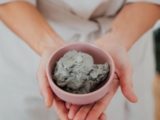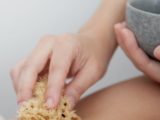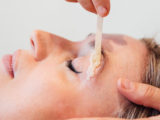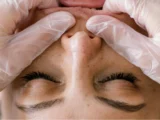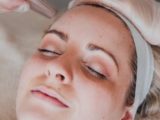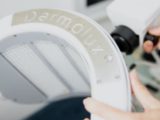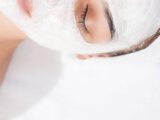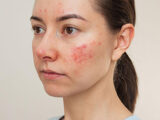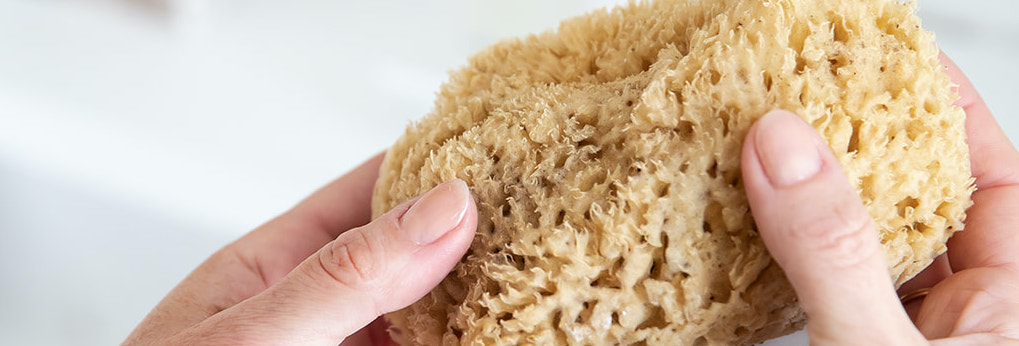Changing the way we think about recycling. Chelsea McLean is using her PR background to help spread the word about a circular economy. With a palpable passion for the environment and creating a circular economy, Chelsea has come up with simple ways you can change your actions to help our beautiful planet.
Can you tell us a little bit about what you are doing now?
Yes, so I have been a PR consultant. So I’ve been working in marketing for about 20 years. And then I’ve been keen to figure out what it is that really lights me up, because that’s what I believe we should do is the things that make us most keen. And what I’ve decided is that I really want to help with diverting waste from landfill because that’s my kind of number one thing. And that led me into other environmental concerns that I’m finding out about. So I guess I’m going from PR consultant to a type of environmental consultant in the context of this cool new thing called the circular economy, which I kind of think of myself as a champion for the circular economy, because I want to help educate people about what that is.
And what is the Circular economy?
The cool thing about circular is that instead of having this linear model where we take something, we use it and we dispose of it, we just chuck it out. It’s not sustainable, we can’t I know that I’m here on the planet to help people understand we can’t keep doing that. Even our recycling economy where we take something and we recycle it into something else, and then it’s disposed of that suck the recycling economy, that’s not even really cool enough anymore. For us, we really need a circular approach where we take something we use that we make it into something else, then we take it and we repair it, or we, you know, turn it into something else, so that those resources which are valuable, and we can’t keep not planet’s gonna run out of natural resources, like oil, for instance, eventually, so we need to go to a more circular design.
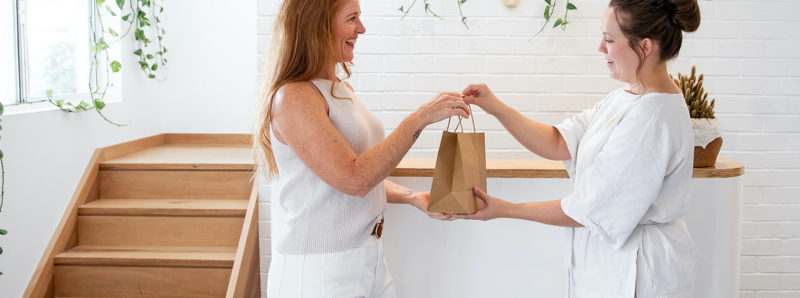
If people wanted to reduce their plastic, I mean, where do you start?
Well, reducing is the key. Because I think the truth is, we have a lot more bulk food stores now. And that’s one of my favourites. But it’s not really doable for a lot of people. So for instance, every fortnight I take a big basket full of glass jars, yes to the source. Yep. Where it’s easy for me because I do a yoga class there and I can easily fit that into my routine. Yeah. And I fill out my jars with everything that I can. So everything from Costco, some rice and muesli, and then dried fruit and nuts and flour and sugar, and everything I can. But I’m quite aware that I’m the minority. And that’s not really a thing that people are doing.
So when it comes to sustainability, Chelsea, what do you think is the biggest mistake?
I like this question! Because I think that we think we need to do it perfectly or not at all. And my favourite quote is by the zero waste chef and Marie Bono, and she said, We don’t need a handful of people doing Zero Waste perfectly. We need millions of people to doing it imperfectly. Because there’s been a bit of a social kind of stigma around zero waste, you know, it’s really hard and I have to do it, right. But we have a lot of do gooders saying on social media things like, well, why would you bother, you know, using your compostable bag instead of a plastic bag if you’re going to use the IKEA plastic clip on the end of it? But you know, it’s just silly because that IKEA plastic clip was probably purchased a year or two ago when you weren’t mindful of it. So don’t stop doing what you can just because you think it has to be perfect.
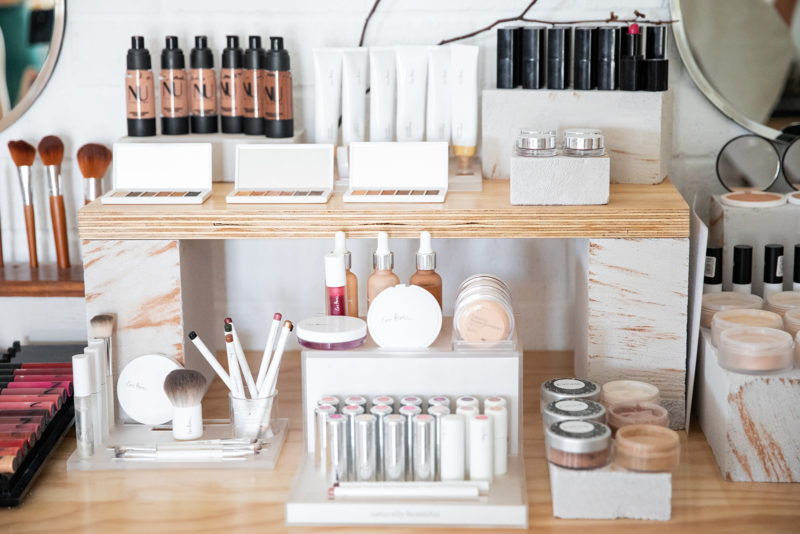
Did you know we have a Terracycle box in our Earth and Skin beauty shop so you can dispose of your empty beauty products correctly? Stop by and see us next time you’re in Mudgeeraba, Gold Coast!
Some helpful resources:
Our second podcast with Chelsea about sustainable practices in the home
Tips for a more sustainable future



